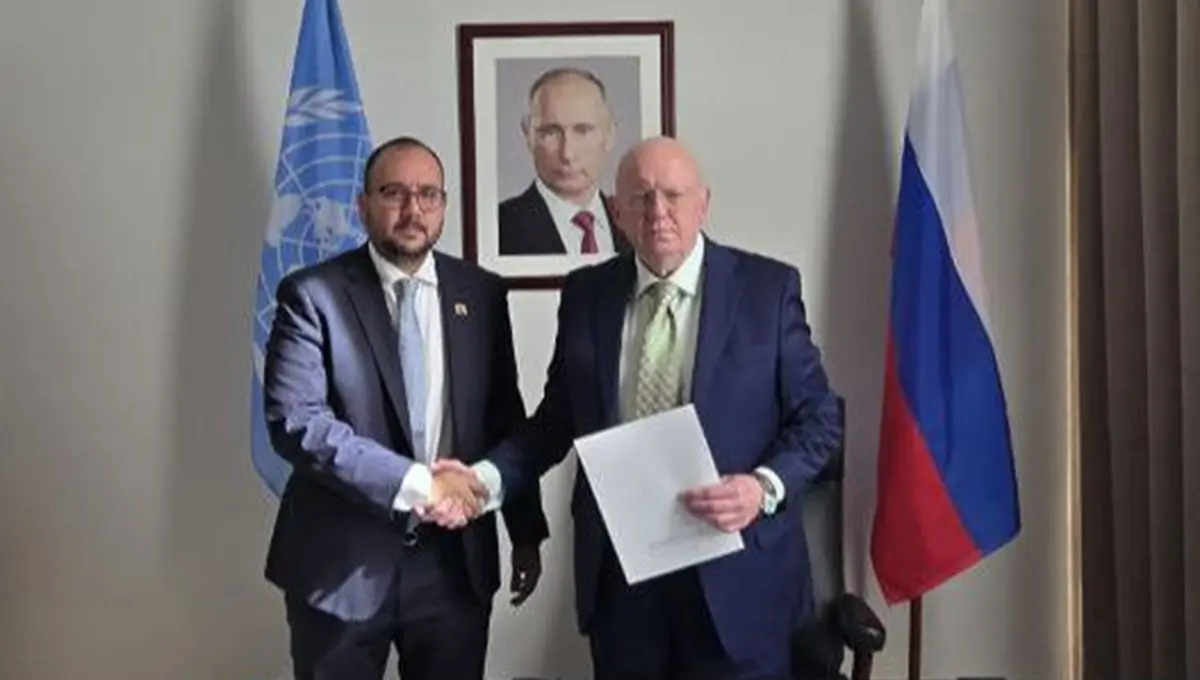The Bolivarian diplomacy accuses Washington of seeking a ‘regime change’ and militarizing the Caribbean.
On Friday, Venezuela denounced before the U.N. Security Council presidency — held this October by Russia — the incursion of U.S. fighter jets about 75 kilometers off its coast.
RELATED:
Cuba Rejects U.S. Justification for Possible Military Action Against Venezuela
Venezuelan Foreign Affairs Minister Yvan Gil said his country’s deputy representative to the United Nations, Joaquin Perez, delivered a document to Russian Ambassador to the U.N. Vasily Nebenzya detailing the illegal U.S. incursion that took place on Thursday.
Gil warned that the incident not only represents a threat to national sovereignty, but also contravenes the norms of international law and the Chicago Convention on International Civil Aviation.
“This grave situation adds to the growing militarization of the Caribbean, which constitutes clear harassment against Venezuela,” the Bolivarian diplomat said, referring to the U.S. naval deployment in the region to combat drug trafficking allegedly originating from Venezuelan territory.
That narrative, however, has been strongly criticized by the Bolivarian nation, which argues that what the United States is really seeking is to promote a “regime change” in Venezuela.
On Thursday, President Nicolas Maduro’s government announced it would file a complaint with United Nations Secretary Antonio Guterres, the Security Council, the International Civil Aviation Organization, and the Community of Latin American and Caribbean States (CELAC), in order to ensure that “necessary measures are adopted to prevent the repetition of these illegal and dangerous actions.”
In a joint statement, the Venezuelan foreign affairs and defense ministries said their country “will fully exercise its right to defense,” while demanding that U.S. Secretary of Defense Pete Hegseth immediately halt what a “reckless, adventurous and warmongering stance.”
Prior to that statement, Defense Minister Vladimir Padrino Lopez had denounced military harassment by U.S. fighter jets, specifying that they were F-35 aircraft stationed in Puerto Rico. So far, the U.S. has deployed in the Caribbean at eight warships, a nuclear-powered submarine, and over 4,500 troops.
On Friday, Padrino Lopez urged the U.S. to avoid the “miscalculation of militarily attacking” the South American nation, which will not be intimidated by foreign threats.


